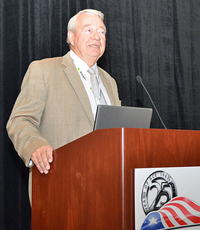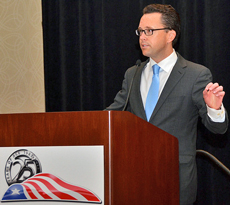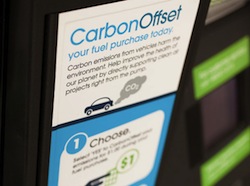 Back in 1987, a man by the name of Merle Anderson saw the need for a grassroots organization to support a new use for corn that would help farmers as well as the entire country. His vision became the American Coalition for Ethanol (ACE) and 25 years later, Merle is Chairman Emeritus of the organization he helped to found.
Back in 1987, a man by the name of Merle Anderson saw the need for a grassroots organization to support a new use for corn that would help farmers as well as the entire country. His vision became the American Coalition for Ethanol (ACE) and 25 years later, Merle is Chairman Emeritus of the organization he helped to found.
“When I found out about this ethanol thing, I got a religion that I was never able to shake,” Anderson said. “I could see that this was some way to balance demand for agriculture.”
Anderson is proud of what the ethanol industry has accomplished in 25 years but sorry it has taken so long. “I thought it was all going to happen a lot quicker than it actually has,” he said.
 Merle, pictured here with his sweet wife Lee who has been at his side for nearly 69 years, gets frustrated by ethanol critics. “I think we’re getting a bum deal when we shouldn’t be,” he says, since it keeps us from sending more dollars overseas.
Merle, pictured here with his sweet wife Lee who has been at his side for nearly 69 years, gets frustrated by ethanol critics. “I think we’re getting a bum deal when we shouldn’t be,” he says, since it keeps us from sending more dollars overseas.
Anderson proudly notes that Lee is the only woman who has attended every single ACE meeting for the last 25 years and she’s happy to see how it has turned out. “I think they have gotten a long way, but there’s a lot of opposition and I wish them the best,” she said.
Listen to my interview with Merle and Lee here: ACE Founder Merle Anderson
2012 ACE Conference Photo Album











